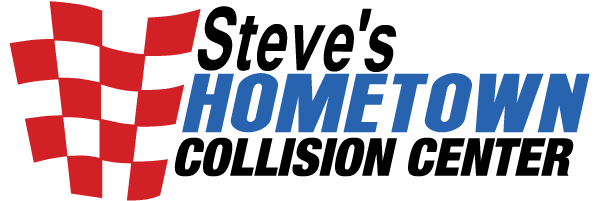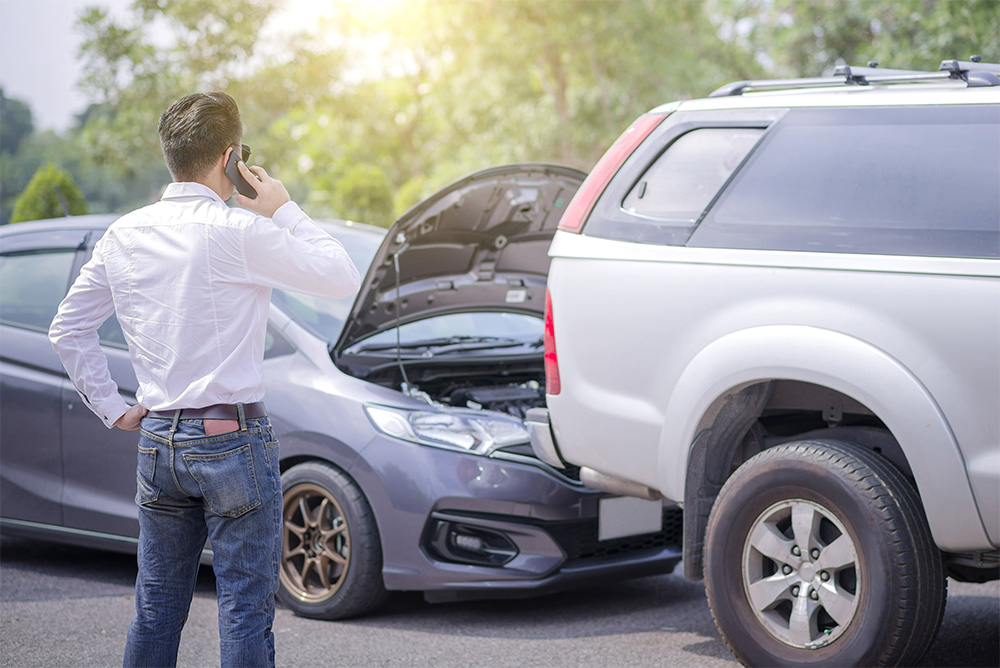Nobody ever wishes for a car accident, but they happen regardless. Your actions during and after a car accident will be important in salvaging the aftermath in terms of insurance and health safety. Most of the accidents that occur on the roads of the United States involve damages to vehicle and property, and the most cost-effective way to pay for these damages is through insurance. The same also applies to injuries and medical health bills. Insurance companies don’t just dash out benefits, they scrutinize and access the situation and then decide if victims are eligible to be paid. In order not to lose out on insurance benefits, the following are some steps to be taken after an accident.
- DON’T PANIC
Fear, panic, and shock are common emotions observed in accident victims, but you need to stay calm because the next steps can only be executed with a clear head. You can take a few deep breaths and close your eyes to achieve this.
- DON’T RUN
Don’t make it a hit and run crime by attempting to flee the accident scene no matter what. The law will catch up with you if you do, and that aggravates the consequences of the accident.
- CHECK YOURSELF FOR INJURIES
It is possible not to feel any pain from injury immediately after an accident- it’s just the adrenaline. Take your time to examine your body for cuts, sprains, fractures, and any other form of injury. If you discover any injury, call 911 and request for help. If you’re injured, move away from the scene of the accident. You can lay on the sidewalk or pavement, and ask for witnesses for help or first aid treatment.
- CHECK ON THE OTHER PART AND YOUR PASSENGERS (IF ANY)
The well-being of others is just as important as yours, so check on the other people involved in the accident, or ask for help in doing so. If any of them is injured, call 911 immediately and wait for emergency personnel to arrive.
- CALL AND TALK TO THE POLICE
Emergency services will probably alert the authorities of the accident, but still call the police, or have someone do it for you. After the police arrive, narrate to them exactly what happened or at the least to the best of your knowledge. Being honest is key here. There are probably street cams and witnesses around, so you cannot afford to lie or twist the real story. If you’re not sure or can’t remember a particular fact, just say so.
- EXCHANGE INFORMATION
In the case where two parties are involved, you should take down information about the other driver. This, of course, may not be feasible if the driver or any other passenger is seriously hurt or worse. Human lives come first before properties- always remember that. After making sure everyone is safe, you may exchange and take down information such as
- Driver’s license and plate numbers
- Full name and contact details of everyone involved
- Type, model, and color of the car(s) involved in the accident
- TAKE PICTURES OR VIDEOS
If your phone or camera survived the crash, use either of them to take pictures or videos of the accident scene. Make the images clear and descriptive of the true nature of the accident, including damages to the car(s) involved and the surroundings. These images may also capture physical injuries (if any) to yourself or any other persons involved.
- TAKE REPORTS
Usually, the police officers draft their reports and you may simply request for that. But just in case they don’t or it will take some time to get the reports ready, get busy by talking to witnesses, writing down info about everyone involved. Add the date of the accident, location/route/street of the accident and other vital information. These pieces of information will be instrumental in making headway in getting insurance settled, so keep them in a file and arrange them properly.
- CHECK YOURSELF AT THE HOSPITAL
It is possible not to notice any injuries immediately after an accident, even if you properly check. So, to prevent any fatalities from unapparent injuries, you should visit a hospital to be properly examined by professionals. Except you are entirely certain of no external or internal injuries to yourself, you should check into a hospital. Internal bleeding and concussions are frequently observed in accident victims, so to prevent death or organ complications, you should see a medical health professional.
10. INFORM YOUR INSURER OF THE ACCIDENT
It’s advisable you do this at the scene of the accident. Your insurance company may have specific information they will want you to take note of immediately. This will help in easing the stress during the insurance claim process. This starts the claim process which involves quite a lot of processes. You may also hire the services of legal counsel to help you with understanding the sometimes complex nature of the insurance process. They will also inform you of viable options, and help you in determining which is best for you.
The early steps taken after an accident may make or mar the eligibility to benefits, so it is crucial to keep a level head in handling the events that follow.
11. PICK A QUALITY AUTO COLLISION REPAIR PROVIDER
Whether you choose Steve’s Hometown Collision Center or another provider. Make sure you use a provider that is iCAR Certified. Contact us today and be guaranteed of a quality repair. We work with mose auto insurance providers. Ready to schedule service contact us at info@steveshometowncollisioncenter.com or call (208) 452-7717

